Our top picks for the best electric car in 2021 – Roadshow [CNET]
If you’re here, you’re probably thinking about taking the leap into the work of electric vehicles. You came to the right place because we’ve driven plenty of EVs. These battery-powered vehicles really can serve as a daily driver as the technology gets better, ranges become more livable and charging infrastructure starts to expand.
The problem is figuring out which of the many electric vehicles on sale today will best fit your life and your budget. Do you want something cheaper and with a more limited range, or do you want to pony up some cash for luxury features and enough range for charge-free road trips? How are you supposed to choose the best EV for you?
We can’t tell you exactly which EV is right for your life, but we can narrow your choices down. See, we’ve driven just about every permutation of every current-production electric vehicle on sale in the US today, so we here at Roadshow have a better-than-average view of what’s good and what’s not in EVs right now.
After taking a look at our recommendations, don’t forget to check out our tips afterwards for buying your first EV.
Read more: Here’s every electric vehicle on sale in the US for 2020 and its range
Comparison of the best electric cars for 2021
| Make | Model | Range | Cost | |
| Best electric small car | Mini | Cooper SE | 110 | $29,900 |
| Best electric small car runner-up | Chevy | Bolt | 259 | $36,500 |
| Best electric midsize car | Ford | Mustang Mach-E | 211 | $42,895 |
| Best electric midsize car runner-up | Tesla | Model 3 | 263 | $37,990 |
| Best electric large car | Porsche | Taycan | 192 | $79,900 |
| Best electric large car runner-up | Tesla | Model S | 412 | $79,990 |
| Best affordable electric car | Hyundai | Kona Electric | 258 | $39,390 |
| Best affordable electric car runner-up | Tesla | Model 3 | 263 | $37,990 |
| Best luxury electric car | Porsche | Taycan | 192 | $79,900 |
| Best electric SUV or crossover | Ford | Mustang Mach-E | 211 | $42,895 |
| Best electric SUV or crossover runner-up | Audi | E-Tron | 222 | $69,500 |
Consider this before buying an EV
Picking a car isn’t the only consideration when making the jump to an electric vehicle. Not being able to just zip over to the gas station around the corner does complicate things a bit, but we can help you with this too.
The first thing you should consider when shopping for an electric vehicle — hell, even before you start shopping — is figuring out how you’re going to charge it. The fact is that while every EV comes with an adapter that will let you plug into any old 110-volt outlet (in the US, anyway), the size of modern EV batteries means that you could spend days waiting for a decent charge.
If you own your own home, you’ll need to look into getting a Level 2 charger installed. Luckily, these aren’t that expensive on their own. While getting one put in does require a contractor’s services (these are dangerous voltages and currents we’re working with here), there can be tax breaks for doing so — especially if you decide to make the jump to solar at the same time.
If you don’t own your own home, you’ll be using a charging network. You should look into which ones are the most well-established where you live and drive most often. If you have a Tesla, this is pretty easy. If you have other EVs, you’ll have to do a little research, but the most common nonproprietary networks are Electrify America, Chargepoint and EVGo. They all have different apps and pricing, but they all work more or less the same. These charging networks will offer Level 2 charging or DC fast-charging. The latter is considerably more expensive, but it’s much faster.
The next thing to think about is maintenance and service. EVs, in general, require a lot less service than an internal-combustion-powered car. Still, if you have your heart set on a Tesla and you don’t live anywhere near a Tesla service center, you might end up in an inconvenient position should something break. In this case, maybe an EV from a more traditional brand would be better for you.
Tax incentives are an important part of many people’s decisions to switch to an EV, and that’s totally valid. It’s important, though, to understand that not all manufacturers qualify for all of the incentives (Tesla, notably), and not all buyers will be able to take advantage of the full federal incentive, even if it’s offered. It’s worth talking to a tax professional before factoring a $7,500 tax credit into your purchase — even if a manufacturer tries to include that in its advertised prices. Also, be sure to look into whether you might qualify for state and local tax incentives — don’t leave money on the table.
Finally, be prepared to talk about your electric car. People will ask you about it — friends, family and strangers — especially if you live somewhere EVs aren’t super common yet. Some of those questions might seem silly or even dumb, but you’re going to hear them, and depending on how you answer, you might just help convince those people that an EV could work for them too.
More for people looking to keep their cars in tip-top shape
- Best car air fresheners in 2021
- Best tire pressure gauges in 2021
- Best battery maintainers in 2021
- Best car plastic restorer in 2021
- Best garage heaters in 2021
- Best car battery chargers for 2021
- Best tire shine spray and gel for 2021
- Best fuel injector cleaners for 2021
- Best headline restoration kits in 2021
- Best portable tire inflators in 2021
- Best affordable cars for 2021
- Best convertibles for 2021

![our-top-picks-for-the-best-electric-car-in-2021-–-roadshow-[cnet]](https://i0.wp.com/upmytech.com/wp-content/uploads/2021/07/36373-our-top-picks-for-the-best-electric-car-in-2021-roadshow-cnet.jpg?resize=800%2C445&ssl=1)




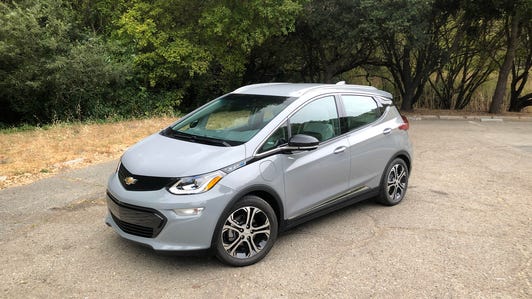
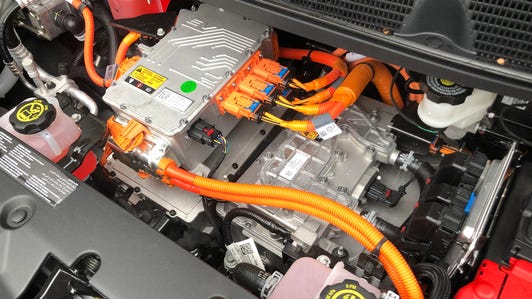

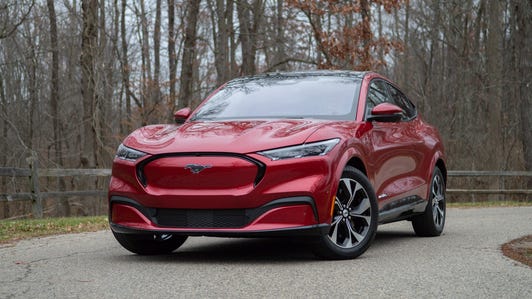


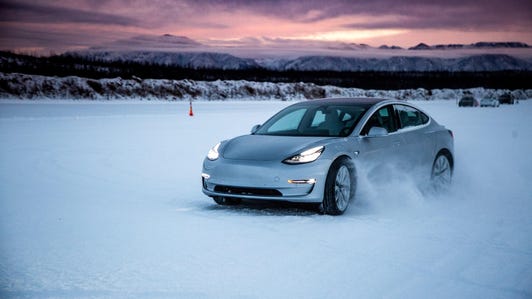

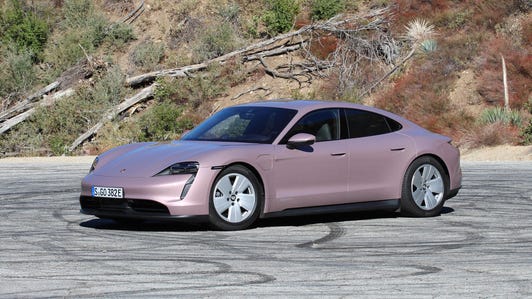


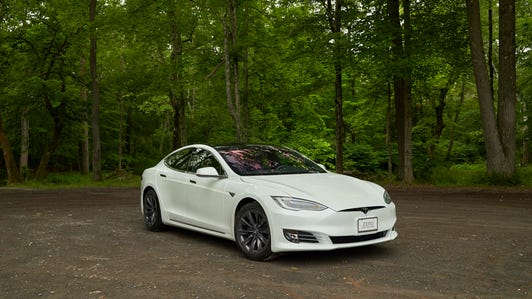


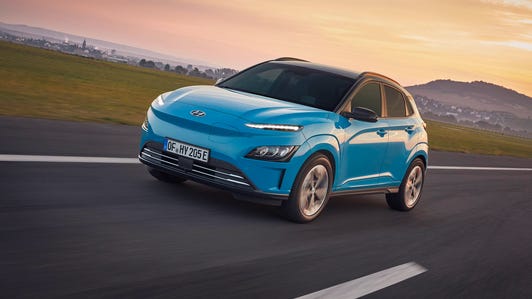
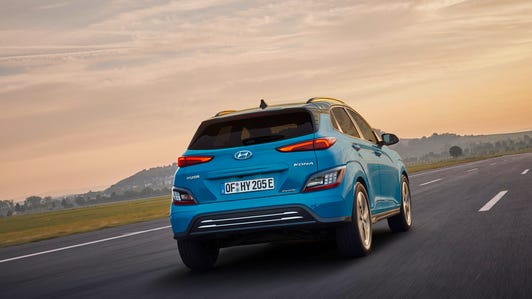
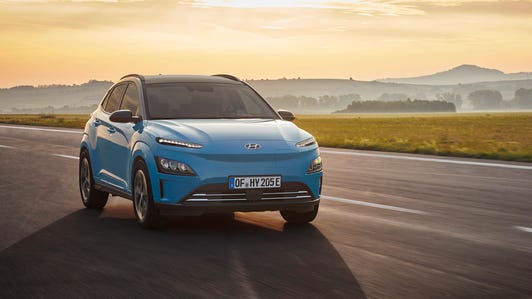
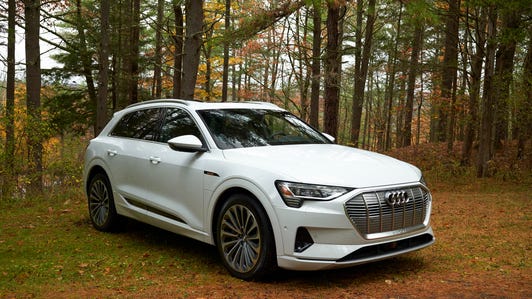
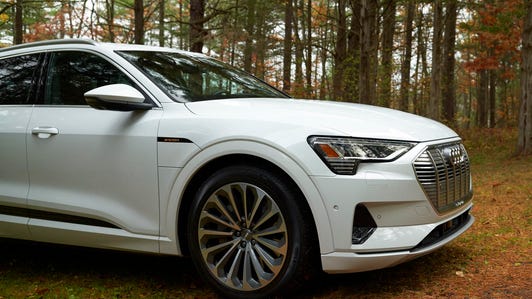


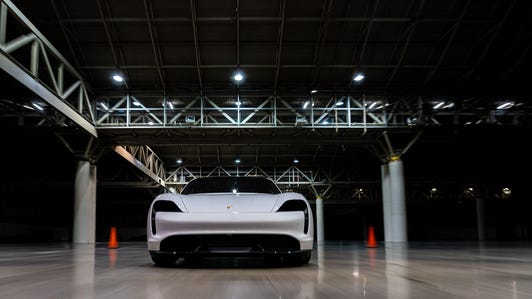

![google’s-gradient-ventures-leads-$8.2m-series-a-for-vault-platform’s-misconduct-reporting-saas-[techcrunch]](https://i0.wp.com/upmytech.com/wp-content/uploads/2021/06/31856-googles-gradient-ventures-leads-8-2m-series-a-for-vault-platforms-misconduct-reporting-saas-techcrunch.jpg?resize=390%2C205&ssl=1)
![lynk-tackles-knowledge-management-during-an-era-of-data-explosion-[venturebeat]](https://i0.wp.com/upmytech.com/wp-content/uploads/2022/05/64669-lynk-tackles-knowledge-management-during-an-era-of-data-explosion-venturebeat.png?resize=390%2C205&ssl=1)